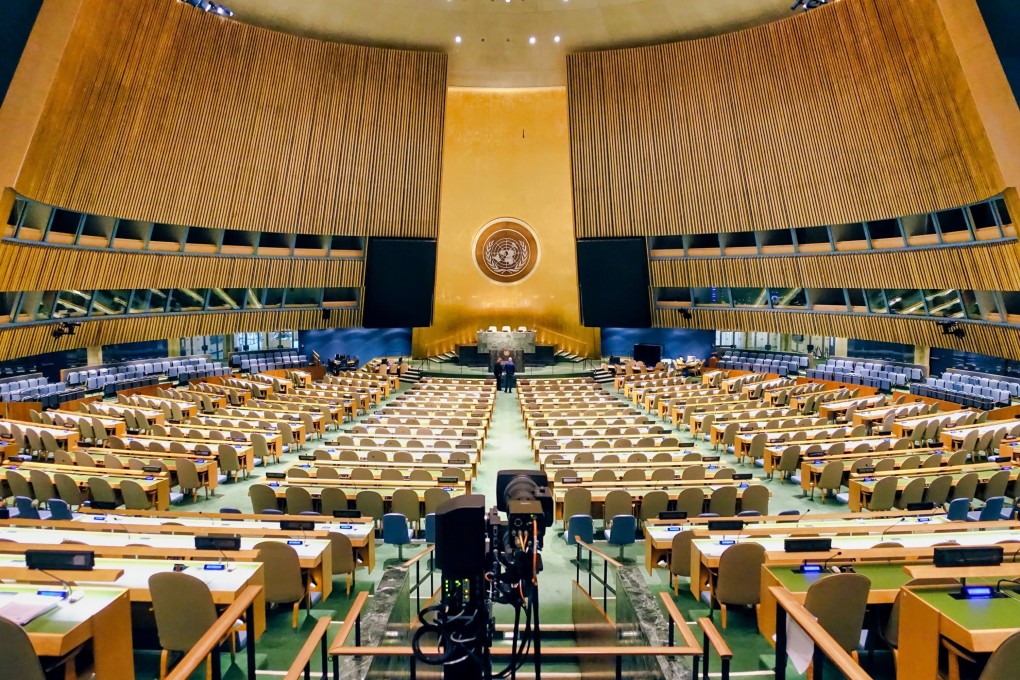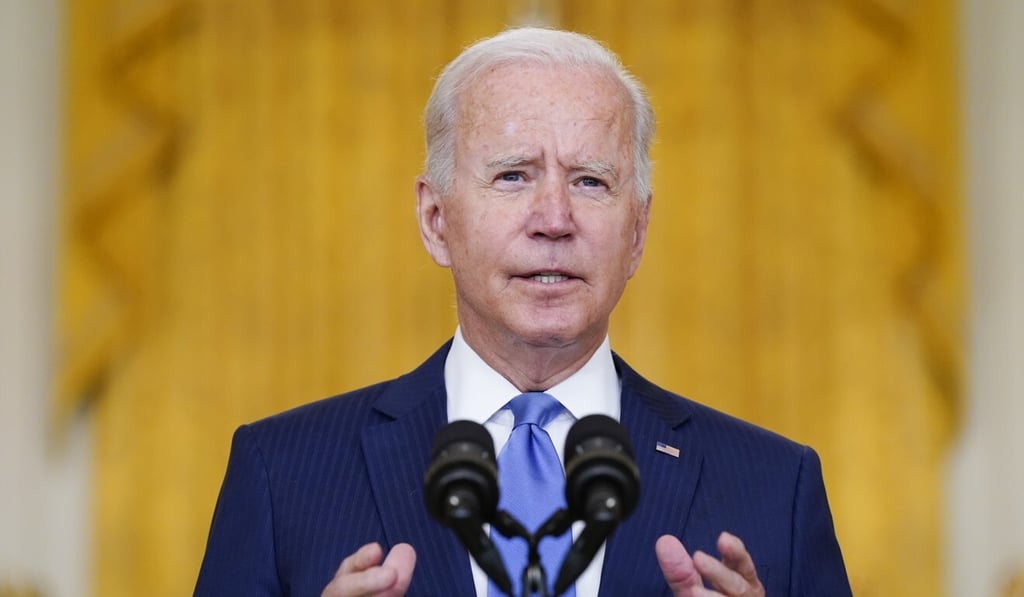World leaders return to UN with focus on Covid-19 and climate
- Dozens of world leaders are heading to New York this week for the UN’s annual high-level gathering
- Progress will be sought on pressing global problems – starting with the pandemic and an ambitious climate agreement

As the coronavirus still rages amid an inequitable vaccine roll-out, about a third of the 193 UN states are planning to again send videos, but presidents, prime ministers and foreign ministers for the remainder are due to travel to the United States.
This system will be broken when the first country speaks – Brazil. Brazilian President Jair Bolsonaro is a vaccine sceptic, who last week declared that he does not need the shot because he is already immune after being infected with Covid-19.
Should he change his mind, New York City has set up a van outside the United Nations for the week to supply free testing and free shots of the single-dose Johnson & Johnson vaccine.
China’s President Xi Jinping will deliver remarks via video link on Tuesday, Xinhua reported.

UN Secretary-General Antonio Guterres said that the discussions around how many travelling diplomats might have been immunised illustrated “how dramatic the inequality is today in relation to vaccination”. He is pushing for a global plan to vaccinate 70 per cent of the world by the first half of next year.